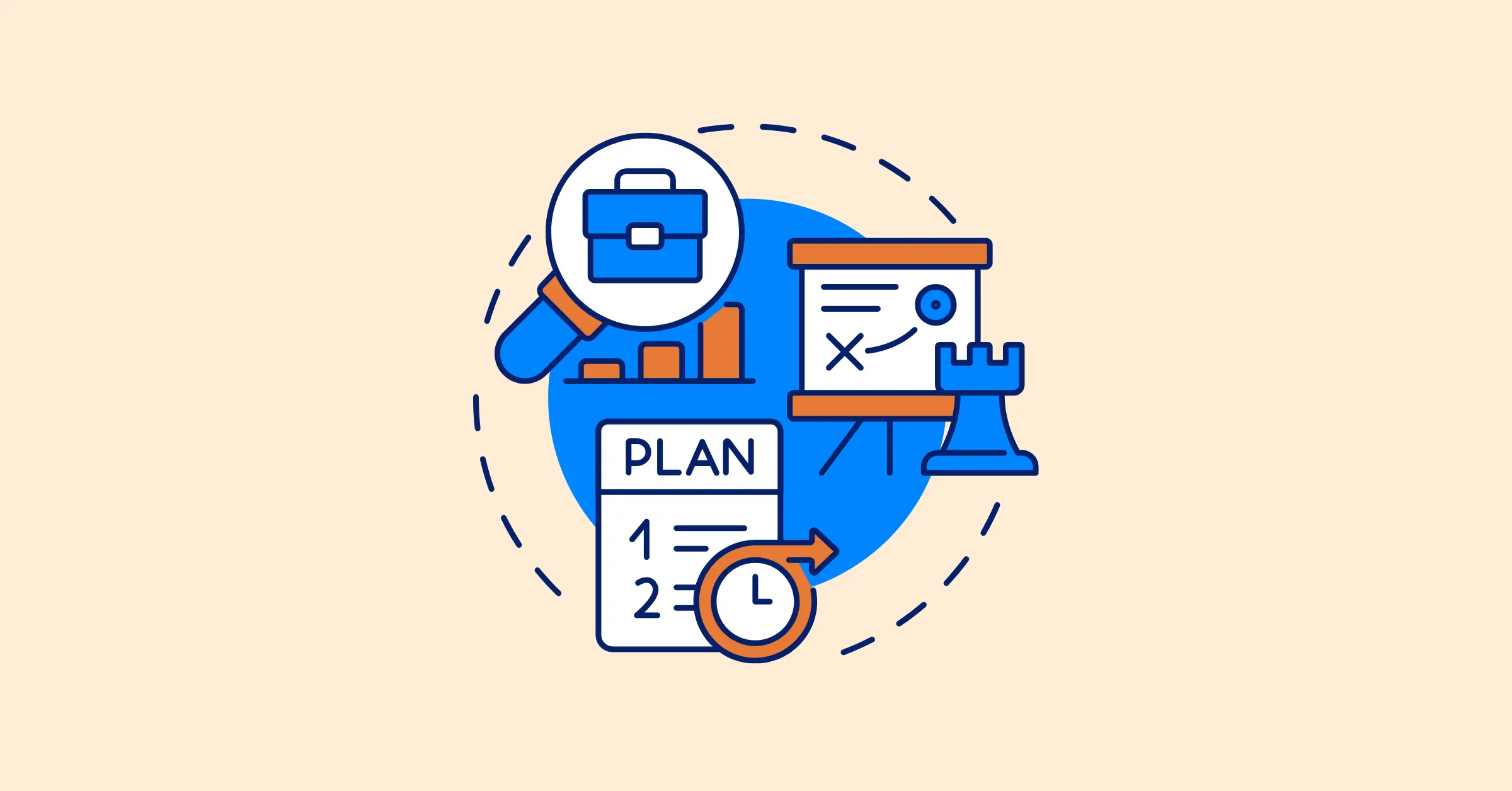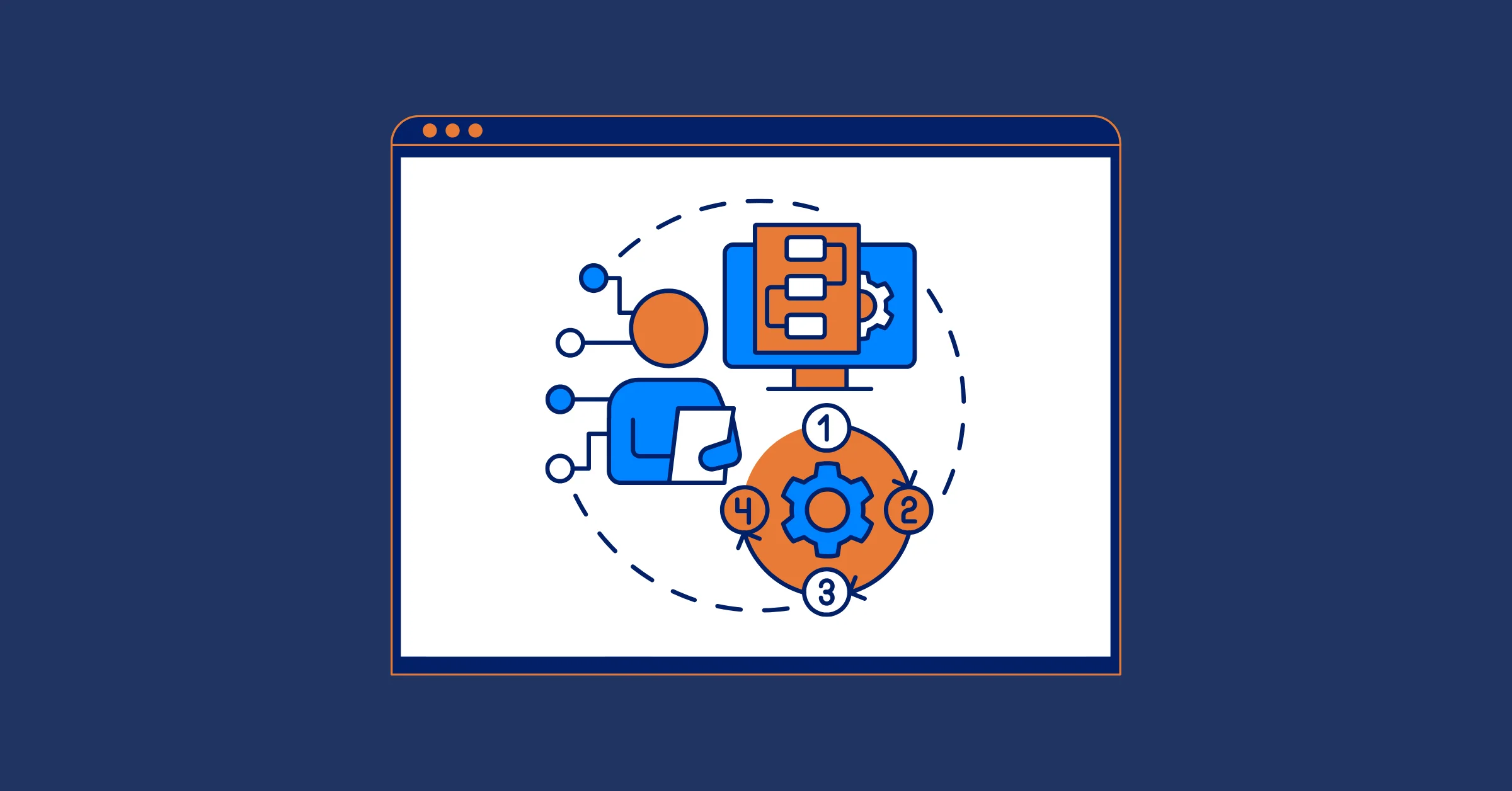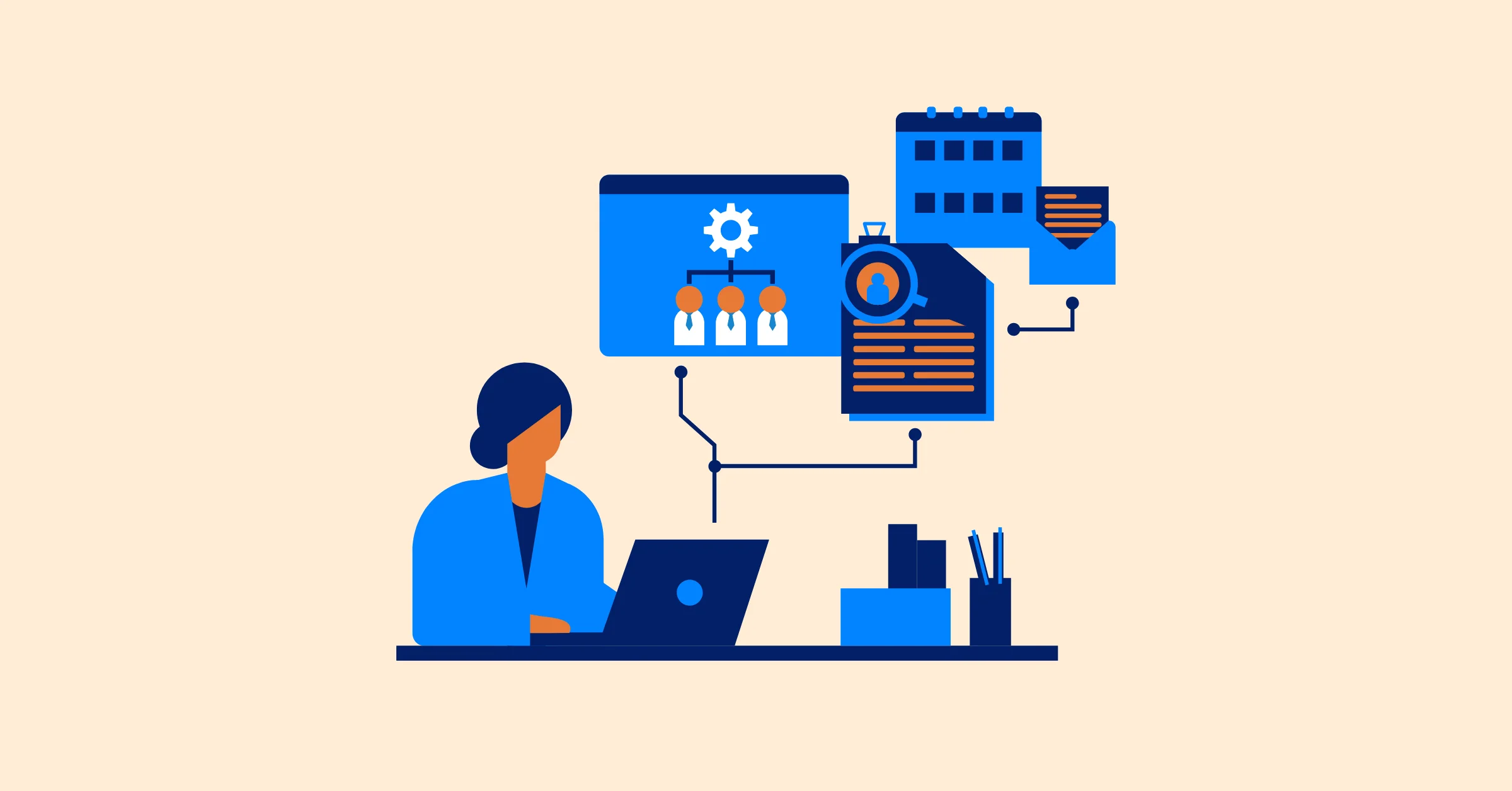Is it Important to Have Resource Planning? Here's What You Need to Know
Is it important to have resource planning? Absolutely. Learn how a solid resource planning strategy prevents conflicts, controls budgets, and drives project success.
Resource planning is a critical component of project management and overall operational success. In essence, it’s the practice of ensuring that the right resources—people, tools, and budgets—are allocated to the right tasks at the right time. When done properly, resource planning helps avoid delays, reduces the likelihood of conflicts over shared assets, and keeps financial spending on track. But is it important to have resource planning in every organization, regardless of size or industry? The short answer is a resounding yes. By neglecting this fundamental process, businesses invite missed deadlines, wasted effort, and potential profit loss.
In our previous discussions, we’ve covered broad aspects of effective resource planning. However, this article zeros in on a core question: Is it important to have resource planning if you want to save money, optimize workloads, and position your projects for long-term growth? By the end, you’ll have a clear understanding of how resource planning underpins project success, why each step matters, and what can happen if you choose to ignore it. We’ll also introduce strategies and tools that prove resource planning is not just helpful, but essential for competitive and sustainable operations.
Key TakeawaysResource Planning plays an important role in:
- Ensures the right resources—people, tools, budgets—are aligned with the right tasks
- Prevents staff overload, budget overruns, and scheduling conflicts
- Lays a foundation for strategic planning, better forecasting, and sustainable growth
What Is Resource Planning?
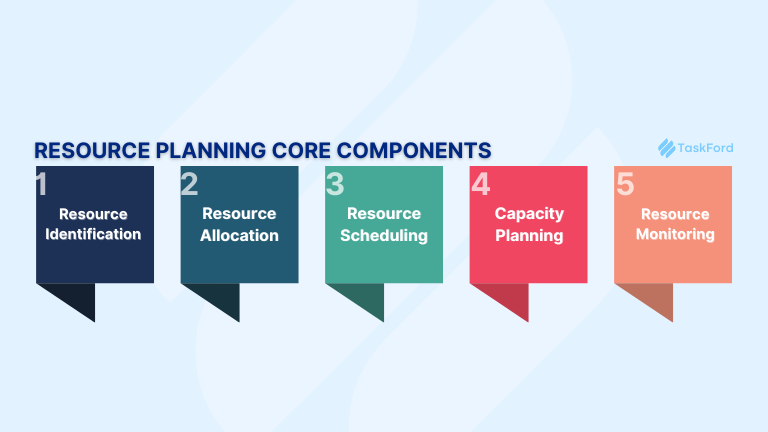
To grasp why it is important to have resource planning, it helps to define what resource planning actually entails. At its most basic level, resource planning is about:
- Identifying which resources a project needs.
- Estimating the capacity and availability of those resources.
- Allocating resources based on project timelines and priorities.
- Monitoring resource utilization and making adjustments as circumstances change.
When businesses ask, “Is it important to have resource planning for every scenario?” the answer is unequivocally yes, because this process impacts the entire project lifecycle. From small teams to enterprise-level organizations, proper resource allocation ensures people are not overworked, budgets aren’t exceeded, and timelines remain realistic.
If you want a more comprehensive explanation of resource planning, we have a detailed guide available here, but here we’ll concentrate on why it’s a necessity rather than an option.
Why Is It Important to Have Resource Planning?
Many organizations wrestle with the question: Is it important to have resource planning if we’re already managing projects with basic tools or a simple to-do list? The truth is that resource planning adds structure and predictability that ad-hoc methods simply can’t provide. Below are some of the most compelling reasons why resource planning is indispensable:
Prevents Overallocation and Burnout
One of the clearest signs that a team lacks structured resource planning is chronic overwork. When employees are constantly stretched thin, mistakes multiply, morale declines, and turnover increases. So, is it important to have resource planning to maintain balanced workloads and healthy teams? Absolutely. By tracking who is assigned to what, project managers can redistribute tasks before people hit a breaking point, leading to better productivity and long-term job satisfaction.
Maximizes Resource Utilization
Resource planning also prevents underutilization of available skills. If you’ve ever found yourself hiring new staff for a project while certain existing team members remain idle, you already understand why it is important to have resource planning. Having an overview of everyone’s capacity ensures you use in-house talent to its fullest, which saves money and provides growth opportunities for team members.
Keeps Projects on Budget
In the absence of clear resource allocation, budgets can quickly spiral out of control. A robust resource plan details the hours, equipment, and other expenses likely to be incurred, offering a much clearer financial roadmap. If you’re wondering, “Is it important to have resource planning purely for financial reasons?” the answer is yes; no organization wants to grapple with cost overruns that eat into profits or stunt future investments.
Improves Project Timelines
Few things are as detrimental to a project’s success as unexpected delays. Missing a critical resource—whether it’s a key team member, specialized equipment, or necessary software—can bring progress to a standstill. Hence, is it important to have resource planning to keep schedules intact? Without a doubt, since meticulous planning ensures that vital resources are ready when you need them most.
Enhances Decision-Making
Making informed decisions quickly can be the difference between project success and failure. Resource planning tools that offer real-time visibility allow you to see who is available, how much capacity remains, and whether the budget can stretch to new tasks. This data-driven approach is yet another reason why it is important to have resource planning—it enables managers to respond to new challenges or opportunities without derailing existing commitments.
Supports Long-Term Strategic Planning
Resource planning isn’t solely about immediate needs. Over time, it provides historical data that paints a clear picture of where bottlenecks commonly occur and how resources are typically deployed. If you ask, “Is it important to have resource planning for strategic, long-term decisions?” the answer is an emphatic yes. This stored knowledge helps organizations forecast demand, assess hiring needs, and scale operations more effectively.
Data Utilization for Forecasting
Modern resource planning tools collect detailed data on performance, timelines, and resource usage. When asked, “Is it important to have resource planning to refine future estimates?” the evidence strongly suggests that these data-driven insights make future projects more accurate and less prone to unpleasant surprises. By analyzing how much time tasks actually take and which skills are most in demand, you can build more realistic plans and budgets going forward.
Key Benefits: Is It Important to Have Resource Planning?
Let’s distill the advantages into a concise list. Although the question “Is it important to have resource planning?” seems straightforward, these specific benefits highlight why it’s so crucial:
- Operational Efficiency: Streamlined tasks cut down on wasted effort.
- Cost Control: Proper resource allocation reduces overspending.
- Team Collaboration: Clear visibility helps every member understand their role.
- Scalability: It’s easier to grow sustainably with a solid plan in place.
- Risk Management: Anticipate bottlenecks and sidestep surprises.
- Data-Driven Improvement: Historical data refines how you plan for future projects.
Consequences of Ignoring Resource Planning
Is it important to have resource planning just to avoid negative repercussions? Indeed, ignoring it can create critical failures in project execution and overall operations:
- Missed Deadlines: Ineffective allocations cause project delays.
- Budget Overruns: Untracked resource costs lead to unexpected expenses.
- Overworked Teams: Burnout rises, reducing overall quality.
- Resource Conflicts: Multiple teams competing for the same assets.
- Reduced Quality: Limited resources compromise deliverables.
- Poor Data Tracking: Future forecasting suffers without comprehensive data.
How to Implement Effective Resource Planning
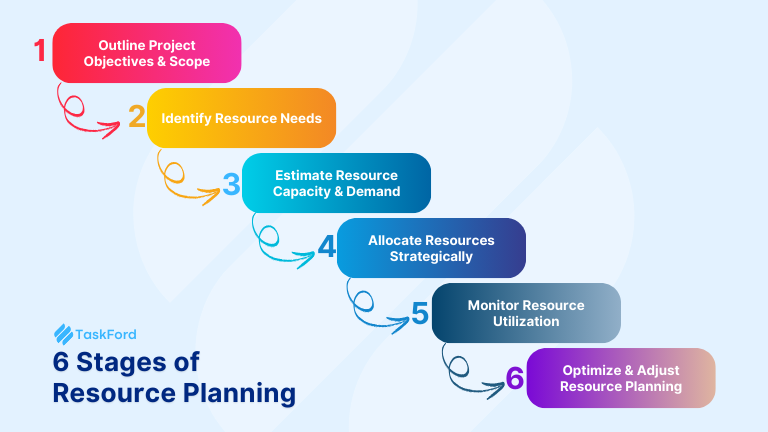
So, is it important to have resource planning with a structured implementation process? Definitely. A few critical steps can guide you:
- Define Project Scope: Determine deliverables, required resources, and timelines.
- Identify Required Resources: List all necessary personnel, tools, and budgets.
- Estimate Resource Capacity: Evaluate current workload and forecast future needs.
- Allocate Resources Strategically: Match tasks to the right people, maintaining balance.
- Monitor Real-Time Utilization: Track tasks, workloads, and deadlines throughout the project and adjust as priorities shift.
- Optimize & Adjust Resource Planning: Revisit and refine your resource plan as the project progresses.
By adhering to these steps, any organization can set up a robust system that answers the question, “Is it important to have resource planning for efficiency and sustainability?” with a confident “Yes.”
Is It Important to Have Resource Planning Tools?
A well-structured plan is only as good as the tools that bring it to life. Platforms like TaskFord facilitate the entire resource planning process with features like Gantt charts, real-time dashboards, and time tracking. Is it important to have resource planning software tailored to your organization’s complexity? Absolutely. The right platform centralizes your resource data, automates repetitive tasks, and offers immediate insight into budgets and schedules, all in one location.
- Project Management: Visual timelines and dependencies.
- Advanced Roadmaps: Aligning immediate tasks with future goals.
- Real-Time Dashboards: Instant visibility into capacity and availability.
- Time Tracking: Monitoring both billable and non-billable hours.
- Automation: Automated task assignments and notifications.
TaskFord encompasses all these features, giving teams a robust means to plan, manage, and optimize resource usage.
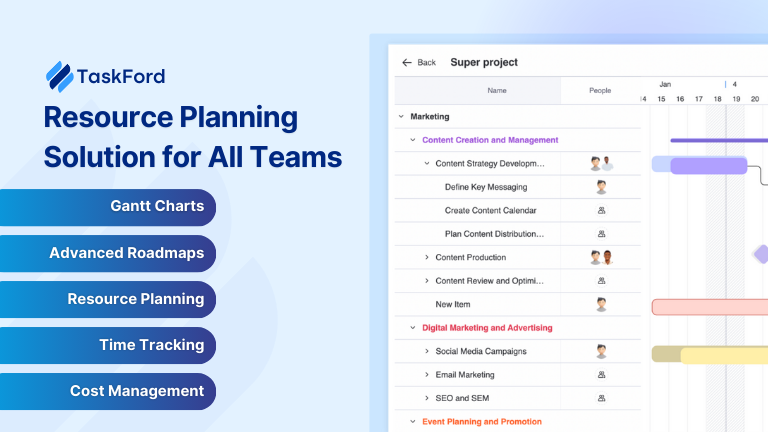
Final Thoughts: Is It Important to Have Resource Planning?
So, is it important to have resource planning woven into your operational framework? Unquestionably, yes. A well-crafted resource planning strategy ensures projects stay on schedule, workloads remain balanced, and finances don’t spiral out of control. By using dedicated tools like TaskFord, you can bring clarity and order to what might otherwise be chaotic processes. Integrating a sound resource planning methodology not only secures immediate project wins but also establishes a strong foundation for sustainable growth in the future.

SIMPLIFY WORK
BOOST PRODUCTIVITY
Join our waitlist and be notified first when we launch.

Making work simpler,
smarter, and more connected
Join our waitlist and be notified first.

Related Blog
Subscribe for Expert Tips
Unlock expert insights and stay ahead with TaskFord. Sign up now to receive valuable tips, strategies, and updates directly in your inbox.



